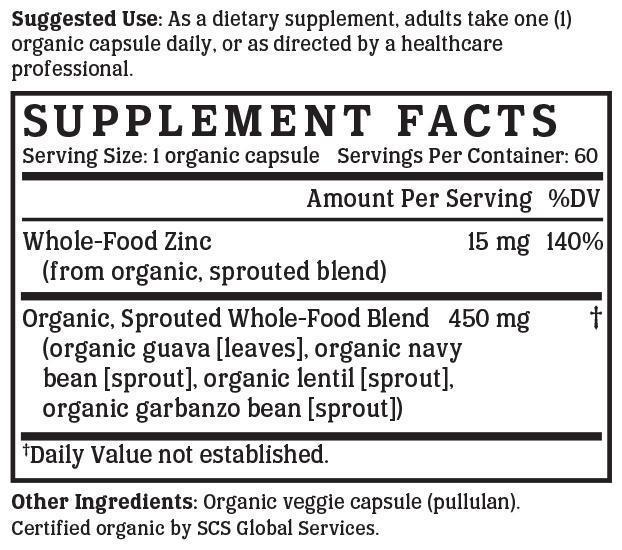Amazoniac
Member
Zinc gluconate is next to useless. Studies have shown its effect on zinc levels similar to placebo, and personally i found it to be the case.
5mg of zinc picolinate has a greater effect for me than 100mg of gluconate.
Tryptophan gives rise to a wide array of metabolites involved in a variety of aspects of normal nutrition and metabolism. For example, picolinic acid, a product of TRP's oxidative metabolism, is involved in normal intestinal absorption of zinc.
Travisord made an elegant connection between tryptophan deficiency leading to zinc deficiency which in turn manifests as pellagrous lesions despite adequate intake of other nutrients. In experiments, gelatin is used to induce a tryptophan deficiency quite effectively. Search for '"tryptophan depletion" gelatin'. So for those that eat it in excess or have signs of protein deficiency, zinc gluconate might not work and this might explain it.Taking zinc picolinate could perhaps spare niacin, as it negates the need for picolinate production.
__
Dietary Factors Influencing Zinc Absorption
"It is likely that phosphorylated serine and threonine residues on partially undigested casein subunits bind zinc and reduce zinc bioavailability in a manner similar to what has been shown for iron (Hegenauer et al. 1979, Hurrell et al. 1989)."

